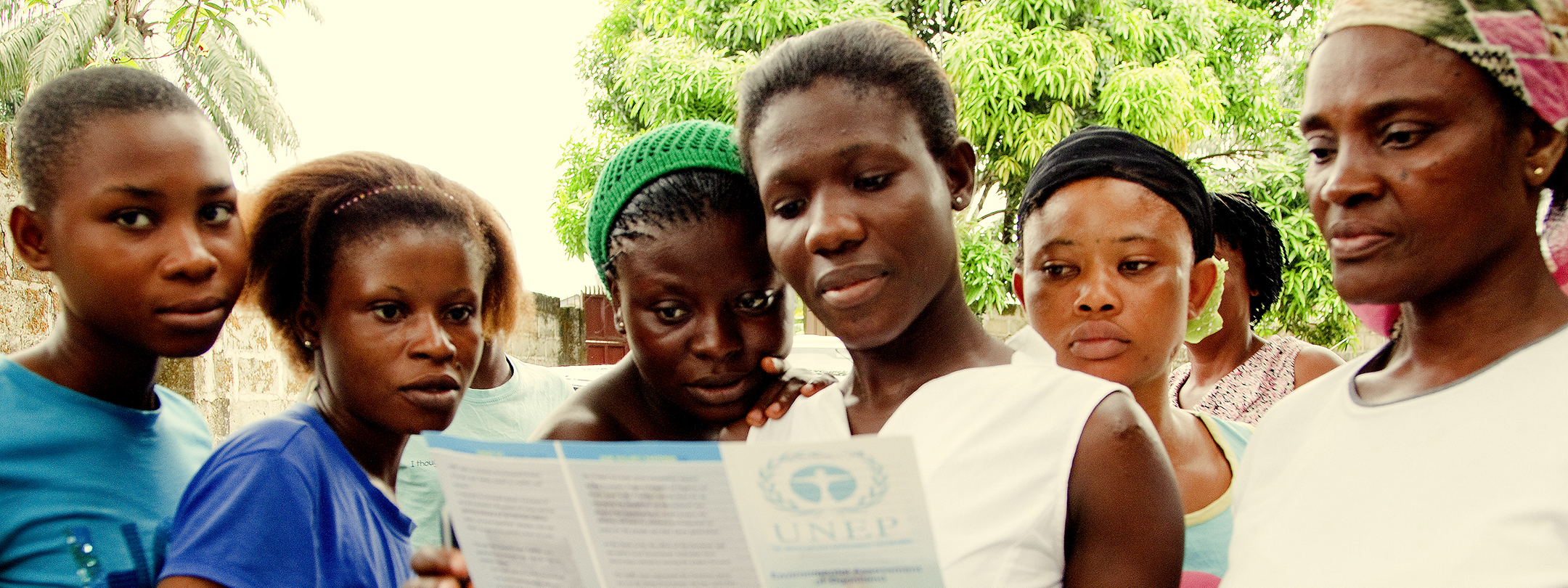Evaluating Climate Change Adaptation: Learning From Methods in International Development
Publisher: New Directions for Evaluation
Author(s): Susannah Fisher, Ayesha Dinshaw, Hearther McGray, Neha Rai, and John Schaar
Date: 2015
Topics: Climate Change, Livelihoods, Monitoring and Evaluation, Programming
This article reviews evaluation methods used in the field of international development to draw lessons for the specific challenges of evaluating climate change adaptation. The three specific challenges identified in climate change and resilience monitoring and evaluation are: assessing attribution, creating baselines, and monitoring over long time horizons. This article highlights a range of methods that can be used in climate change adaptation and concludes that, although the methods are available, it is how they are applied that can help address these particular challenges. Methods used within an overarching conceptual framework that emphasizes mixed methods, participatory methodologies, and an iterative, learning focus can start to address the inherent challenges in evaluating responses to an uncertain future climate. This type of approach and application of a set of methods can also be useful in other areas of evaluation, where the outcomes are very long term and socioeconomic trends are extremely uncertain.
